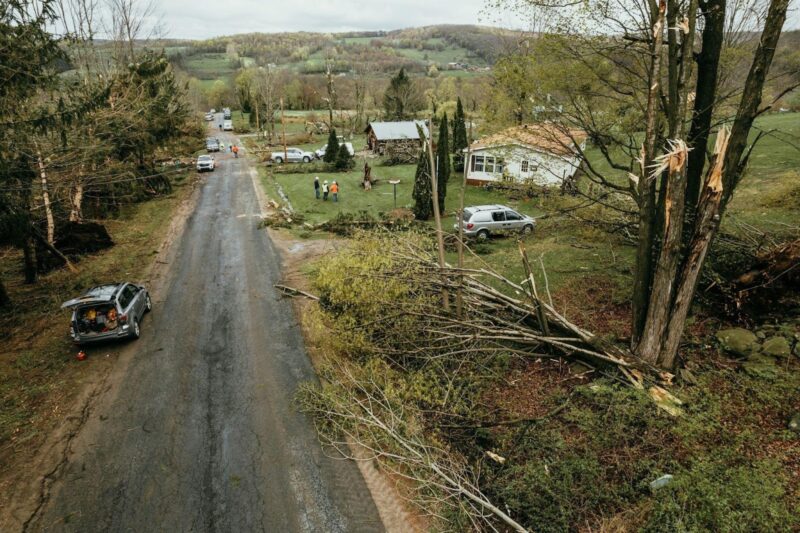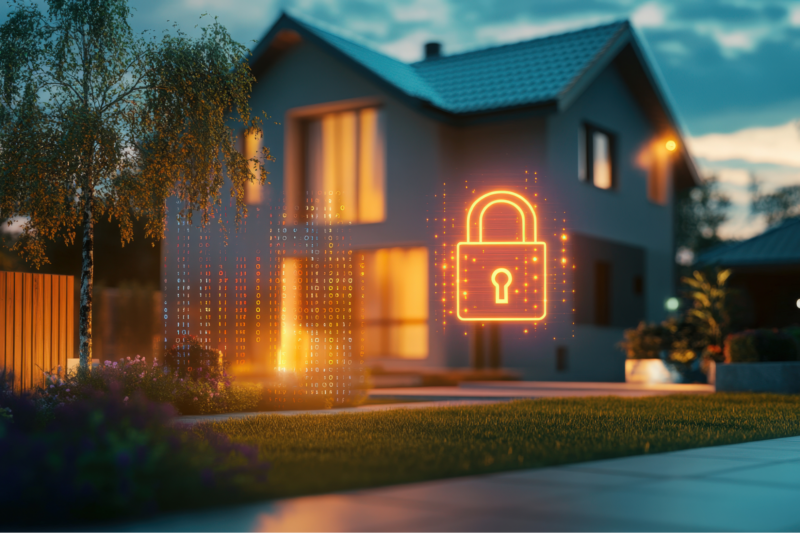
The house looks calm now. The last box gone, air hanging still, dust sliding through light. The echo in the hallway feels bigger than it should. The kind of quiet that makes you notice scuffed paint, crumbs under a cabinet, streaks near the door. That’s how a move ends — half excitement, half disorder. And this is where the real reset begins. Post-move cleaning isn’t dramatic, but it marks the moment your new home becomes yours.
Cleaning is a basic maintenance task that slows everything down. It forces you to see what was missed: fingerprints on switches, dirt packed in corners, an old smell clinging to the air. People often think the place is fine after the movers leave. It rarely is. A deep clean gives shape to calm. It takes what’s left from the last occupant and clears room for your rhythm, your scent, your routine.
The Hidden Risks of Skipping Cleaning
A move unsettles things. Furniture drags across floors, releasing dust that’s been sleeping for years. Boxes rub off cardboard fibers that float unseen. Doors stay open, letting in pollen and grit. You unpack, then sit, and wonder why the room feels stale.
Skipping a full clean keeps that residue alive. Dust settles inside vents, forming a thin grey skin that spreads when air returns. Carpets trap crumbs, hair, and fragments of tape. Later, when humidity rises, odors grow. They seem faint at first, then settle in.
There’s also the hidden damage. Dirt acts like sandpaper. Left long enough, it dulls varnish and scrapes glass. What looks harmless now will show up months later as wear. Early attention prevents that. A mop alone won’t do it; what matters is the order you restore before life piles back in.
A Smart Approach to Post Move Cleaning
The method matters less than the motion. Begin with the spaces you’ll use most — the kitchen, bathroom, and hallway. Work from top to bottom, left to right, and stay steady rather than fast. Every small win, like a spotless sink or a freshly wiped shelf, helps you feel more at home.
Before unpacking too much, set aside your post-move survival kit filled with gloves, rags, a multi-surface cleaner, a few sponges, paper towels, and a sturdy broom. Include trash bags, small bins, and a dustpan or handheld vacuum. With these tools nearby, you can tackle messes as you go, collect leftover packing materials, and keep the space manageable while settling in.
Pay attention to areas you might overlook — under appliances, behind doors, and around outlets — since these often hold traces of previous residents. Cleaning them makes the place feel truly yours. Work in short, focused bursts and take breaks when needed.
Your home doesn’t have to shine right away; it only needs to feel like it’s starting to take shape. When you finish a room, pause and take a breath — that sense of freshness is the first sign you’re moving forward.
How Cleaning Adds Value to Your Home
A spotless start isn’t about pride. It’s about proof. When a home looks cared for, people believe it has been. As an article published by Research Gate shows, Buyers, landlords, and even guests read those cues instantly. Clean trim, bright floors, and scentless air say maintenance without a word.
It’s also financial. Every stain you erase early saves future effort. Mildew avoidance means no repainting. Polished appliances last longer because grime doesn’t corrode them. These quiet acts build equity through preservation.
Even if you plan to stay, the benefit lingers. Cleaning before arranging furniture means you’ll never have to drag a heavy bed just to reach dust again. You lock in longevity, and you feel it every day when the house greets you, not resists you.
Health and Safety Gains You Might Overlook
Few realize how physical a move is for the lungs. Each box carries old air, bits of fiber, maybe traces of cleaning products you never used. When you breathe that in, your body reacts—headaches, sneezing, dry eyes — small reminders of invisible work undone.
A good vacuum, a clean vent, and open windows. These simple moves reset the air and get your new home ready. Using mild cleaners keeps toxins low. Steam, vinegar, sunlight — they do more than smell fresh; they disinfect naturally.
Clean surroundings also change how you feel. Research keeps saying the same thing: order reduces tension. You walk more slowly, sleep more deeply. Post-move cleaning brings that quiet stability back sooner. It’s not about perfection. It’s about control after chaos.
Common Objections and How to Overcome Them
Everyone’s tired after a move. Cleaning feels unfair. But the energy you spend now replaces hours you’d waste later. Dirt hardens, boxes block corners, dust multiplies. Waiting doubles the job.
Cost seems to be another barrier. Yet one visit from a cleaning service can do what takes you three weekends. They bring the right tools, the right pace. Think of it as buying peace, not polish. Even hiring them once sets a standard you’ll keep.
Some assume movers handle it. They don’t. Their job ends when the furniture lands. Anything beyond that (air vents, inside drawers, baseboards) is yours. Others plan to clean after unpacking, but clutter makes that plan impossible. Cleaning first saves every future version of you the trouble.
Neglect shows quietly. It creeps through smells, colors, and textures. The fix is simple, but only if you act before comfort dulls your motivation.
Why It’s Worth the Effort
There’s a reason people remember their first night in a clean home. It feels lighter. You breathe without noticing, step barefoot without hesitation. The rooms don’t carry someone else’s story anymore. They wait for yours.
Post-move cleaning isn’t busywork. It’s the act that transforms a structure into shelter. You wipe, sweep, open windows — and the house begins to listen. You know where light lands, how air moves, what corners echo. That familiarity grows from contact, not decoration.
Later, when guests visit, they won’t see the hours you spent scrubbing floors or airing out closets. But they’ll feel it. Cleanliness has a temperature, a sound, a kind of gravity that steadies a room.
So give the effort its due: one slow afternoon, a few tools, and the will to finish. You’ll trade fatigue for belonging. And when the house quiets again, it won’t feel empty this time. It’ll feel ready.












